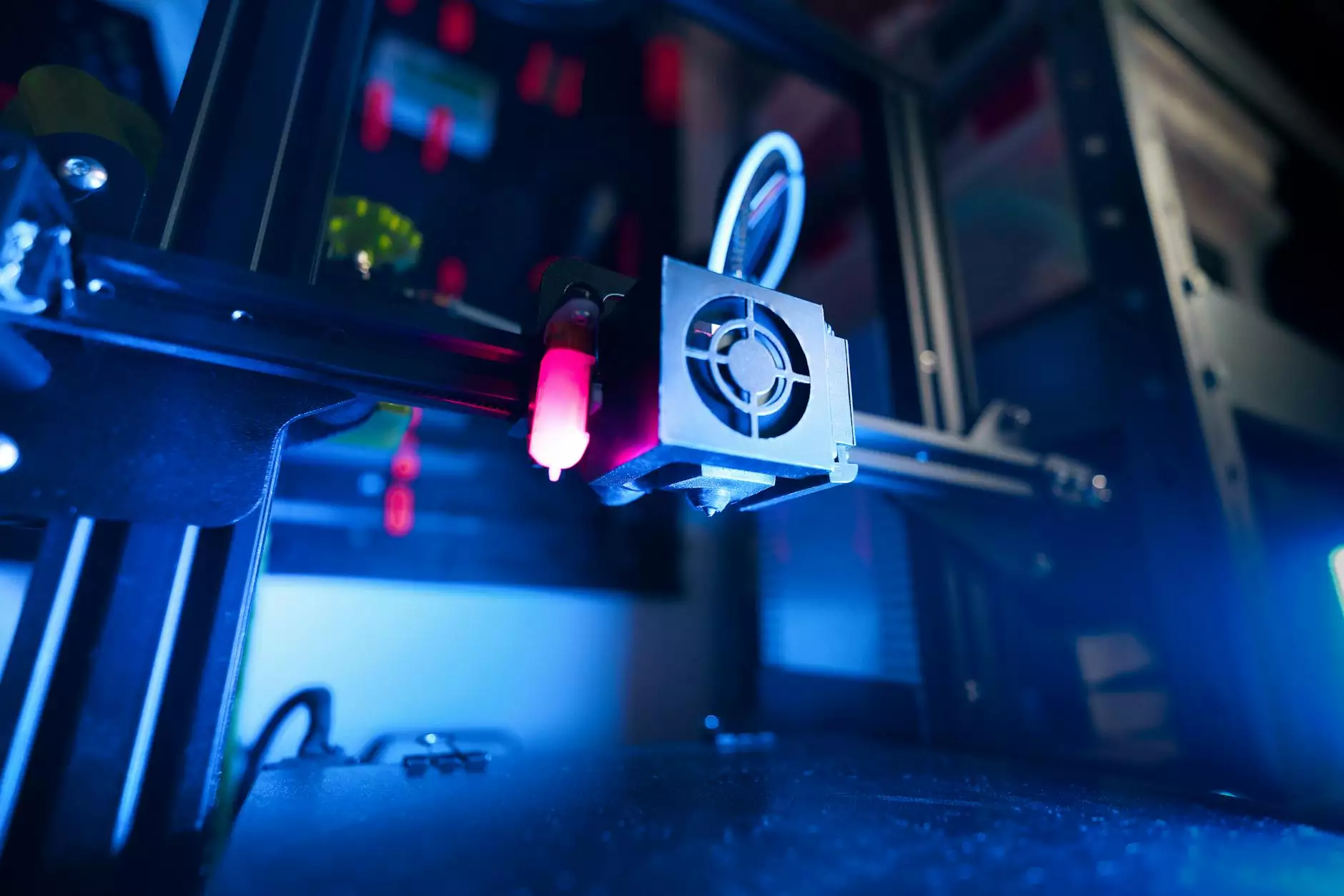Coding in the Medical Field: Enhancing Healthcare Efficiency and Accuracy

Coding in the medical field is a crucial component that ensures the smooth functioning of healthcare services. It involves the process of transforming healthcare diagnoses, procedures, medical services, and equipment into universal medical alphanumeric codes. Through this process, healthcare providers can maintain accurate records, facilitate billing, and ensure compliance with industry regulations.
Understanding Medical Coding
Medical coding is the process of converting healthcare diagnoses and procedures into universal codes. These codes are crucial for various reasons:
- Billing: Accurate coding ensures smooth billing procedures between healthcare providers and insurance companies.
- Data Collection: It helps in collecting health data for research and policy-making.
- Compliance: Medical coding ensures that healthcare providers comply with regulatory standards.
The Importance of Medical Coding
Medical coding plays a significant role in the healthcare industry for several reasons:
1. Streamlined Billing Processes
The most obvious benefit of medical coding is its role in the billing process. Insurance companies require specific codes when processing claims. These codes facilitate accurate reimbursements, reducing the likelihood of claim denials or delays. Without proper coding, healthcare providers may face financial losses and have difficulties managing their cash flow.
2. Enhanced Patient Care
Accurate coding is not just about billing; it also plays a pivotal role in supporting patient care. Well-documented codes provide a clear understanding of a patient's medical history, conditions, and treatments when sharing information among healthcare providers. This ensures that patients receive the best possible care based on their medical backgrounds.
3. Regulatory Compliance
Healthcare organizations must comply with numerous regulations, including HIPAA (Health Insurance Portability and Accountability Act). Proper coding helps maintain compliance by ensuring that medical records remain accurate and secure, thus protecting patient privacy.
Types of Medical Codes
There are three primary types of medical codes used in the coding process:
- ICD (International Classification of Diseases): These codes describe diseases, conditions, and external causes of injury. For example, ICD-10 is widely used to represent patient diagnoses.
- CPT (Current Procedural Terminology): These codes represent medical, surgical, and diagnostic services provided by healthcare professionals. CPT codes ensure that every procedure is accounted for accurately in billing.
- HCPCS (Healthcare Common Procedure Coding System): These codes are used for billing non-physician services and items, such as ambulance services and durable medical equipment.
The Coding Process in Healthcare
The process of coding in the medical field involves several critical steps:
1. Review of Documentation
The coder reviews the patient's medical records, including notes from physicians, lab results, and any other relevant documents, to gather the necessary information for coding.
2. Code Assignment
After thoroughly analyzing the documentation, the coder assigns the appropriate codes based on the diagnoses and procedures outlined in the patient's record. Coders must utilize various coding manuals and software tools to ensure accuracy.
3. Claim Submission
Once the codes are assigned, they are included in the claim forms that are submitted to insurance companies for reimbursement. This step requires meticulous attention to detail as any errors can lead to claim denials.
The Skills Required for Medical Coding
To excel in the field of medical coding, coders should possess a unique combination of skills:
- Attention to Detail: Coders must be detail-oriented, ensuring every aspect of the patient's record is accurately documented and coded.
- Knowledge of Medical Terminology: A solid understanding of medical terminology, anatomy, and physiology is crucial.
- Analytical Skills: Coders need to analyze information to determine the appropriate codes for diagnoses and procedures.
- Technical Skills: Proficiency in various coding software and tools is essential for efficiency.
The Future of Medical Coding
The healthcare industry is ever-evolving, and so is the field of medical coding. With advances in technology and the implementation of electronic health records (EHR), the coding process is becoming more streamlined.
1. Automation
One of the transformative trends is the increased use of automation in coding. Automation tools can assist coders by suggesting codes based on the documentation available and thus reduce the time taken for manual coding.
2. Continuous Education
Medical coders must engage in continuous education to keep up with changes in coding standards, regulations, and new medical procedures. Organizations often provide training programs to ensure their coders are up-to-date.
3. Enhanced Collaboration
With coding becoming more integrated with clinical workflows, the collaboration between coders and healthcare providers is increasing. This collaboration helps ensure that documentation supports the codes assigned, which in turn supports accurate billing and patient care.
How to Become a Medical Coder
If you aspire to pursue a career in medical coding, here are the steps you should consider:
- Educational Background: Obtain a high school diploma or GED, followed by a degree or certification from an accredited program in medical coding.
- Choose a Specialty: There are various specialties in coding. Consider focusing on a specific area such as outpatient coding, inpatient coding, or specialties like oncology or pediatrics.
- Get Certified: Earn certifications from reputable organizations such as the AAPC (American Academy of Professional Coders) or AHIMA (American Health Information Management Association).
- Gain Experience: Start working in entry-level positions to gain practical experience; many employers seek practical coding experience.
Conclusion
In conclusion, coding in the medical field is a fundamental aspect of healthcare that enhances operational efficiency, supports billing accuracy, and improves patient care. As the industry continues to evolve, the role of medical coders will only become more critical. With continuous education and technological advancements, coders can adapt and thrive in this dynamic profession, ensuring healthcare providers can deliver effective and quality care.
For more information about medical coding and related services, you can visit pmbausa.com.
coding in medical field


